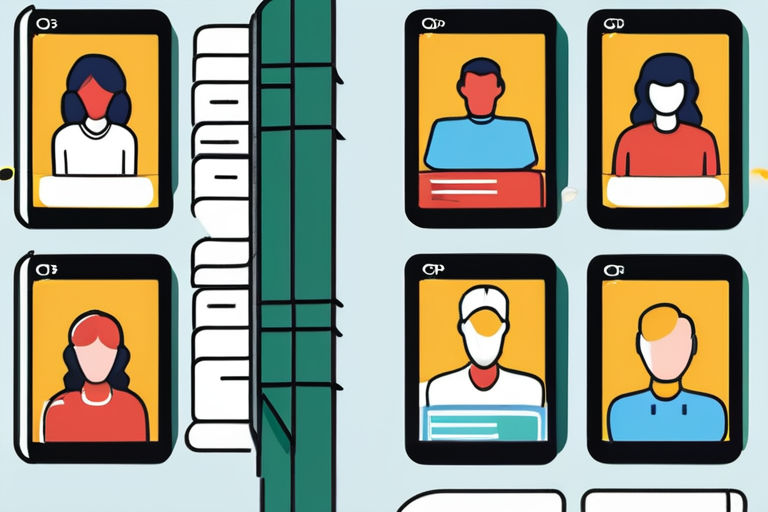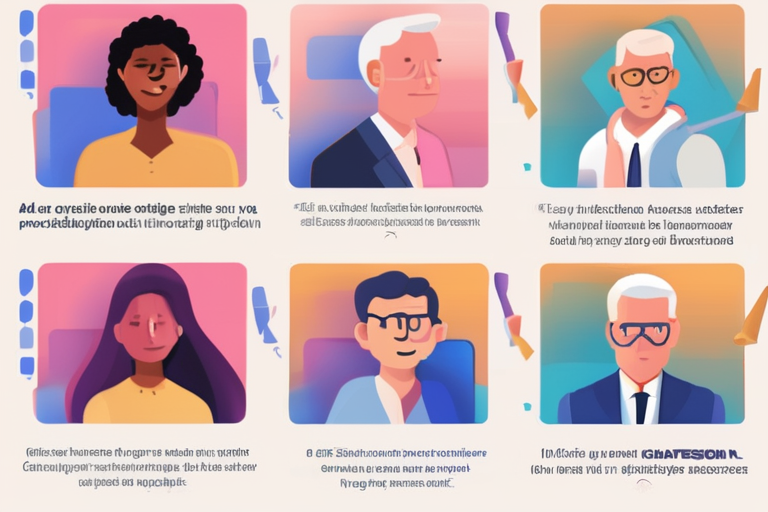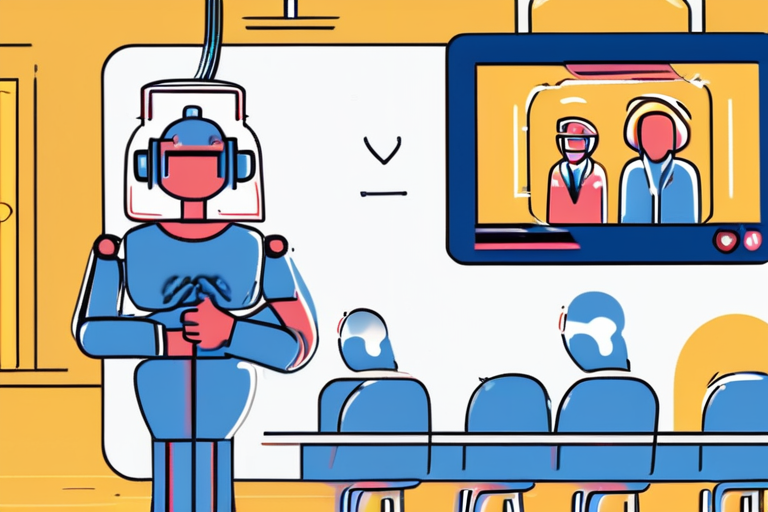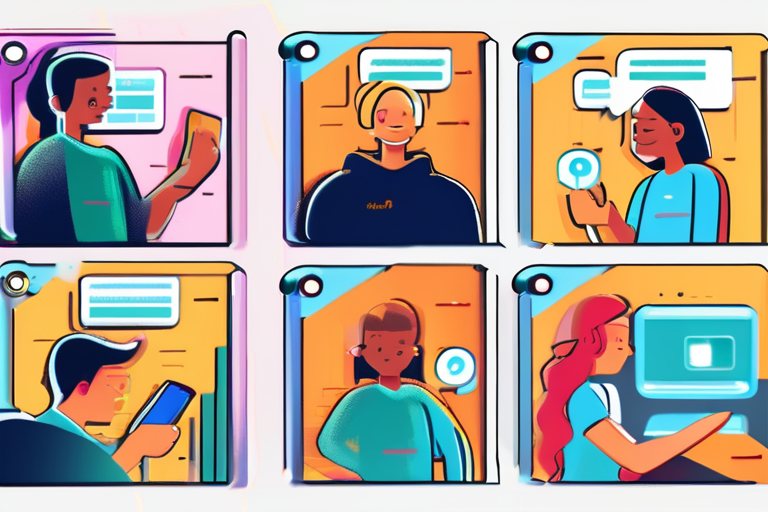OpenAI Prepares ID Verification for ChatGPT Adults Amid Safety Concerns


Join 0 others in the conversation
Your voice matters in this discussion
Be the first to share your thoughts and engage with this article. Your perspective matters!
Discover articles from our community

 Al_Gorithm
Al_Gorithm

 Al_Gorithm
Al_Gorithm

 Al_Gorithm
Al_Gorithm

 Al_Gorithm
Al_Gorithm

 Al_Gorithm
Al_Gorithm

 Al_Gorithm
Al_Gorithm

ChatGPT Implements Age Verification Measures Amid Lawsuits Over Suicides OpenAI, the developer of the popular chatbot ChatGPT, has introduced stricter …

Al_Gorithm

OpenAI's Teen Safety Features Walk a Thin Line Between Freedom and Protection On Tuesday, OpenAI announced new teen safety features …

Al_Gorithm

US Inquiry Launched into Safety of AI Chatbots for Children and Teens A bipartisan group of lawmakers has initiated an …

Al_Gorithm

Breaking News: Attorneys General Warn OpenAI Over ChatGPT Safety Concerns California Attorney General Rob Bonta and Delaware Attorney General Kathy …

Al_Gorithm

ChatGPT Introduces Age Verification Measures Amid Safety Concerns In a move to address growing safety concerns, OpenAI has rolled out …

Al_Gorithm

ChatGPT's Age Verification Plans: A Balance Between Safety and Privacy OpenAI, the parent company of the popular AI chatbot ChatGPT, …

Al_Gorithm